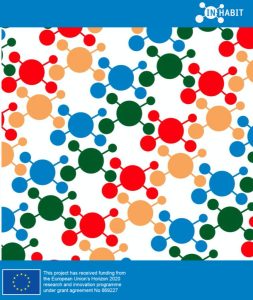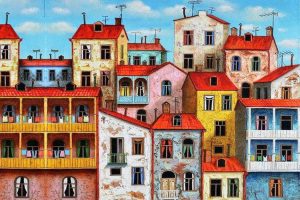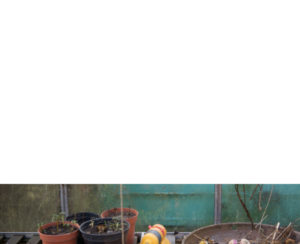For five years CheFare has curated a programme of meetings on cultural transformation at the Mantua festival FattiCult (Fattidicultura). This year it has gathered three heterogeneous figures around a table to reflect on the relationship between spaces, urban regeneration and culture: the Milanese architect and activist Federica Verona, the Berlin-based urban planner and film-maker Lorenzo Tripodi and the nomadic artist Riccardo Arena. Three different and transversal looks that question the meaning of places and how this changes as the city changes.
Da 5 anni CheFare cura un programma di incontri sulla trasformazione culturale al festival mantovano FattiCult (Fattidicultura). Quest’anno ha riunito attorno a un tavolo tre figure eterogenee per riflettere sul rapporto tra spazi, rigenerazione urbana e cultura: l’architetto e attivista milanese Federica Verona, l’urbanista e film-maker berlinese Lorenzo Tripodi e l’artista nomade Riccardo Arena. Tre sguardi diversi e trasversali che si interrogano sul senso dei luoghi e su come questo cambia al mutare della città.
Link & Download


